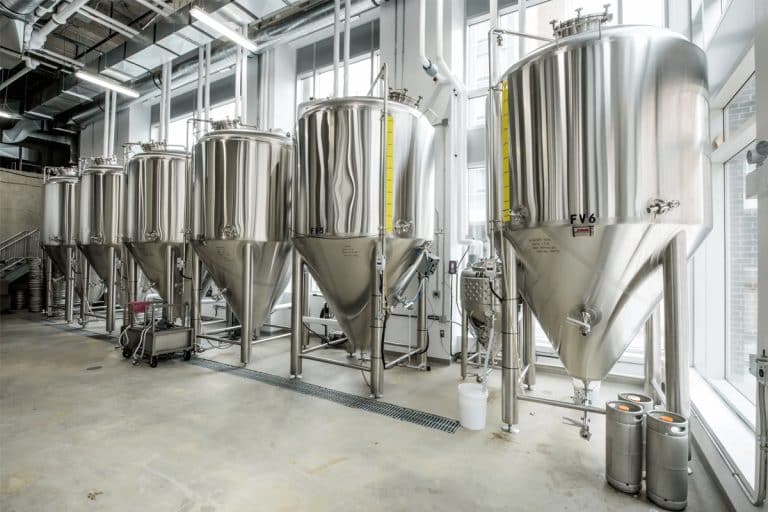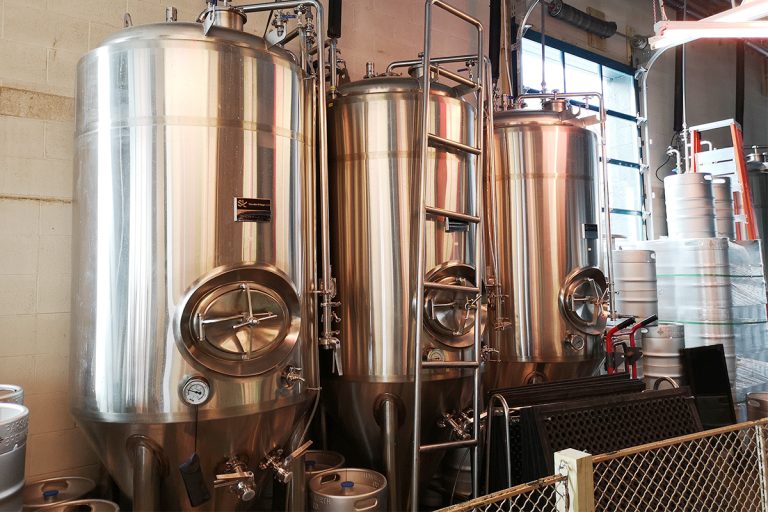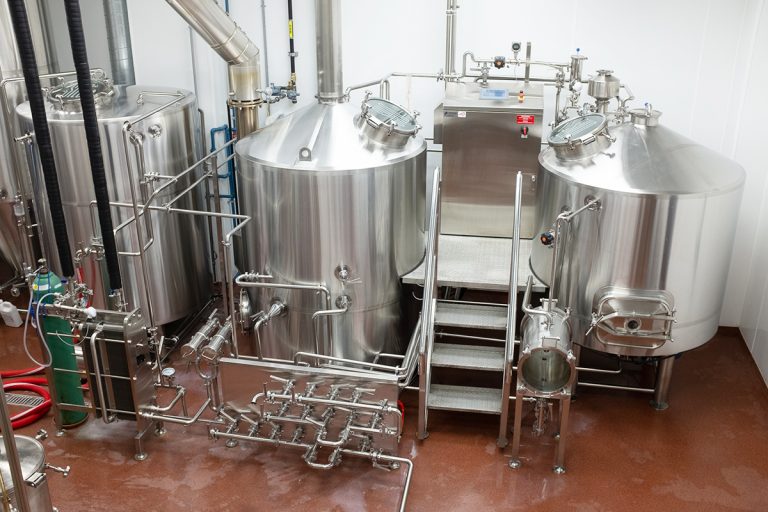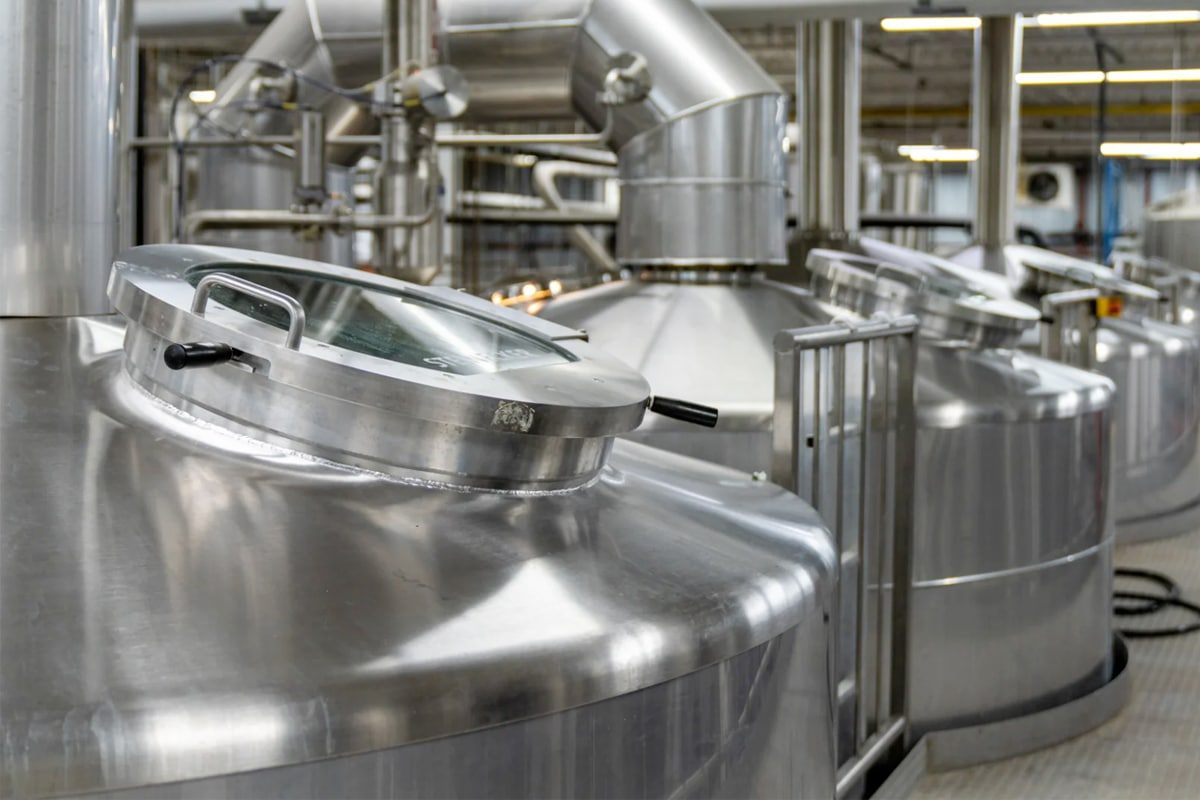
How Long is The Service Life of Brewery Equipment?
Running a brewery is a delicate dance of science and art. Brewery equipment is the backbone of any brewing operation and plays a vital role in the production of quality beverages. The longevity of this equipment is an important consideration for breweries and brewery owners as it directly affects operational efficiency, product quality, and profits. In this comprehensive exploration, we’ll delve into the complex world of brewery equipment, examining the factors that affect its service life, the life expectancy of different components, and strategies for maximizing its service life.
How Long is The Service Life of Brewery Equipment
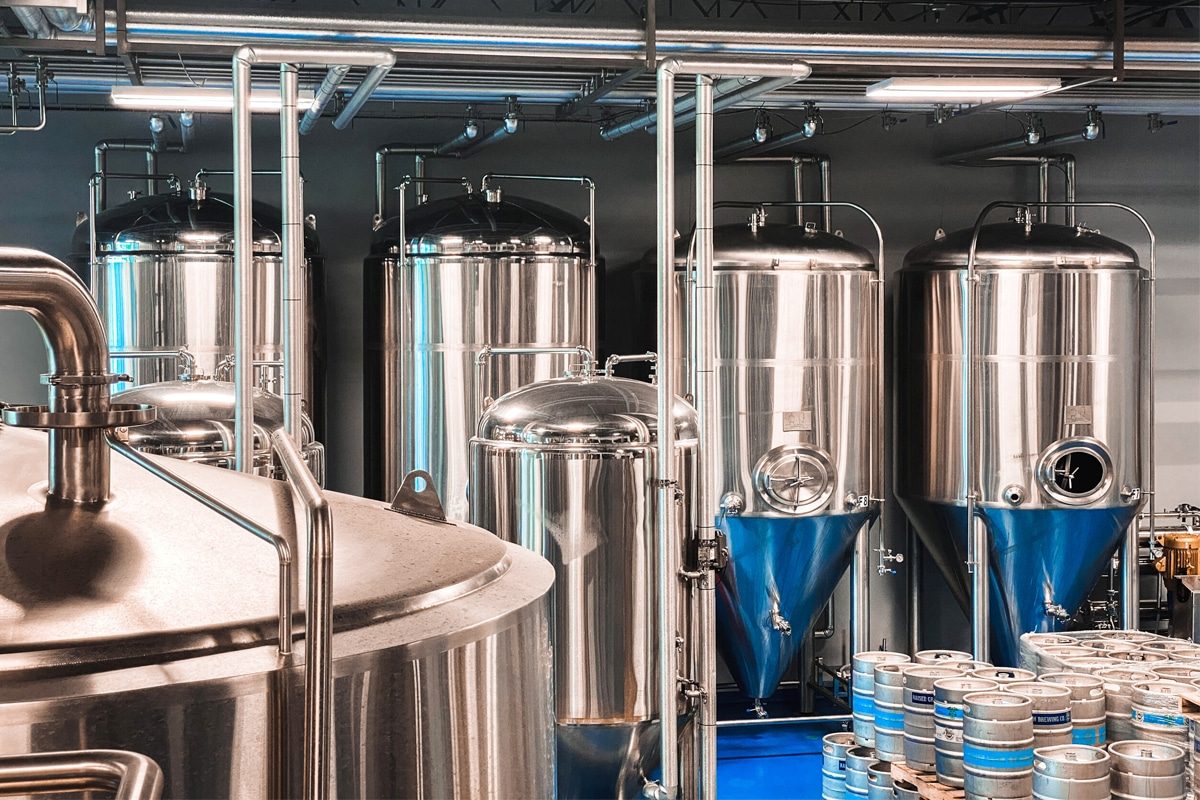
Introduction to Brewery Equipment
The brewery equipment is not just a simple brewing machine, but also the backbone of the entire beer brewing process. From the brewhouse equipment where alchemy begins, to fermentation tanks, bright tanks, and intricate networks of filtration systems and filling equipment, every machine plays a unique role in the process of brewing the perfect beer. The quality of these tools is crucial as they directly shape the taste, aroma, and character of the final product.
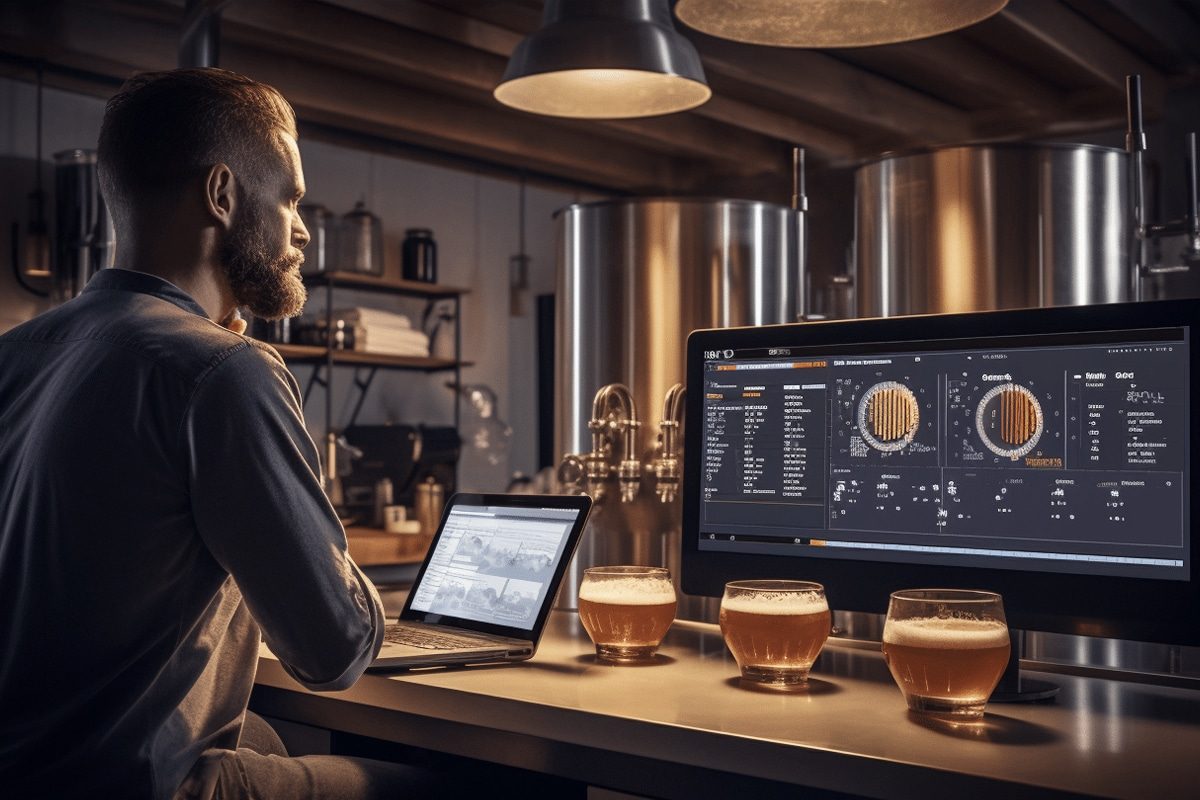
Factors Affecting The Service Life of Brewery Equipment
Environmental Factor
Environmental conditions play a key role in the service life of brewery equipment. The brewing environment is a dynamic one, and fluctuations in temperature, humidity levels, and exposure to external elements can significantly affect the service life of brewery equipment. Exposure to harsh conditions can cause corrosion, rust, and general wear and tear. Brewers must remain vigilant to mitigate these environmental challenges through proper storage, climate control, and regular inspections.
Material Quality And Construction
The saying “You get what you pay for” rings true in the world of winemaking. The service life of a device is greatly affected by the quality of the materials used in its construction. Stainless steel is often the material of choice for brewing vessels due to its corrosion resistance and durability. However, the specific grade of stainless steel, as well as the material composition of other components, can significantly affect overall service life. For example, brewery equipment made of 316 stainless steel has better corrosion resistance than brewery equipment made of 304 stainless steel and helps extend the service life of storage tanks and other comparisons. Understanding materials and construction methods can help brewers seek durable and reliable equipment.
Frequency of Use And Workload
Brewery equipment, like any machinery, will experience wear and tear with use. The frequency of brewing operations and the workload on the equipment will affect its service life. Brewery components, fermentation tanks, and filling equipment can wear out at different rates depending on their usage patterns. Brewers must pay attention to workload management and schedule regular maintenance to address potential issues.
Maintenance Practices
Regular maintenance is the lifeblood of brewery equipment durability. From routine inspections to proactive repairs, a well-executed maintenance plan can prevent minor issues from escalating into costly problems. Cleaning procedures, lubrication, and parts replacement should be performed in accordance with the brewery equipment manufacturer’s guidelines. Training your employees on proper maintenance practices is equally important to ensuring the longevity of your equipment.
Skill Improved
The landscape of brewery technology is constantly evolving. Modern equipment is often equipped with advanced features that not only enhance the brewing process but also help extend its lifespan. Brewers should stay informed about technological advancements, as upgrading to new models or incorporating innovative features can have a positive impact on the longevity and efficiency of brewery equipment.
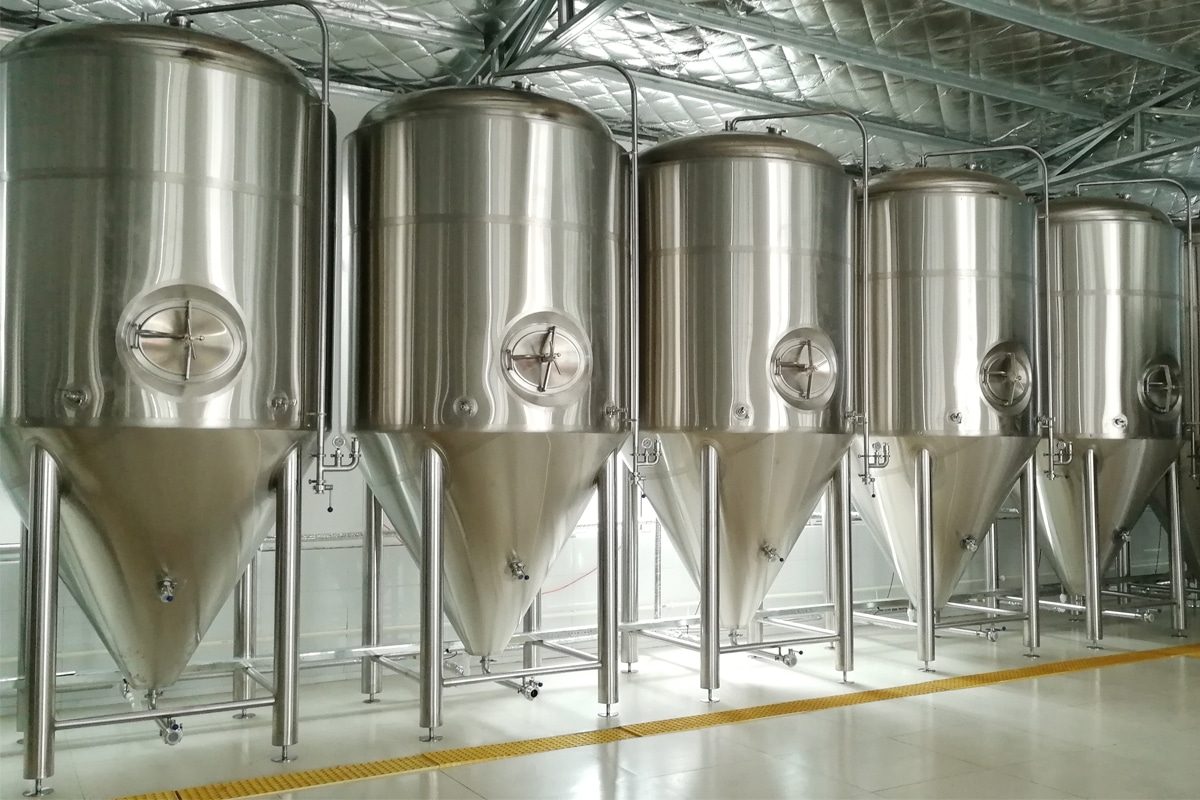
Expected Service Life of Different Types of Brewery Equipment
Brewhouse Equipment
The brewhouse equipment is the nerve center of any brewery, with key components such as a mash tun, lautering tun, kettle, whirlpool, etc. Each component will have a different service life depending on factors such as material quality, workload, and maintenance. Regular inspections and timely resolution of problems can significantly extend the life of your brewery equipment. Generally, well-maintained brewhouse equipment can be used for more than 20 years.
Fermentation Tank
The fermentation tanks come in a variety of configurations, such as conical, cylindrical, open, and closed, and are subject to unique pressures during the brewing process. Factors such as material selection, cleaning practices, and the presence of cooling jackets can all affect expected service life. The life of your fermenter can be maximized by implementing a rigorous cleaning regimen and monitoring for signs of wear. Additionally, preventive maintenance on your glycol system can significantly extend the life of your fermenter. When well maintained, fermenters have a service life of 15 to 30 years.
Bright Tank
The bright tank is where the final product is conditioned and carbonated before packaging. Its service life is affected by the quality of materials, cleaning procedures, and frequency of use. With proper maintenance and regular inspections, a bright tank can last for decades. Additionally, avoiding the use of harsh cleaning chemicals and adhering to recommended operating pressures will help extend their lifespan.
Filtering System
The filtering systems help achieve the required clarity and stability of your beverage. The life expectancy of these systems varies depending on the type (plate and frame, cartridge, or diatomaceous earth filter). Regularly changing filter media, monitoring differential pressure, and following the manufacturer’s recommended maintenance schedule are key practices to ensure the longevity of your filtration system. To ensure efficiency, regular replacement and upgrades may be required every 5 to 10 years.
CIP (Cleaning in Place) System
The Clean-in-place system is the guardians of brewery hygiene. A CIP system consists of pumps, tanks, and complex piping, and its service life depends on correct cleaning practices and regular inspections. CIP systems are an integral part of maintaining equipment hygiene during the brewing process, and their service life is typically 5 to 15 years. Routine training of brewery staff in the operation of the CIP system, coupled with rigorous attention to cleaning protocols, helps maximize its service life.
Filling Equipment
The final step in the brewing process is packaging the beer, and filling equipment plays a key role in this stage. Whether it is a bottling, canning, or kegging system, its life expectancy is affected by the quality of materials, workload, and adherence to maintenance protocols. Regular inspection and replacement of seals, valves, and conveyor components can maximize the life of your filling equipment. The service life of a bottling line, including filling and capping machines, maybe 10 to 15 years.
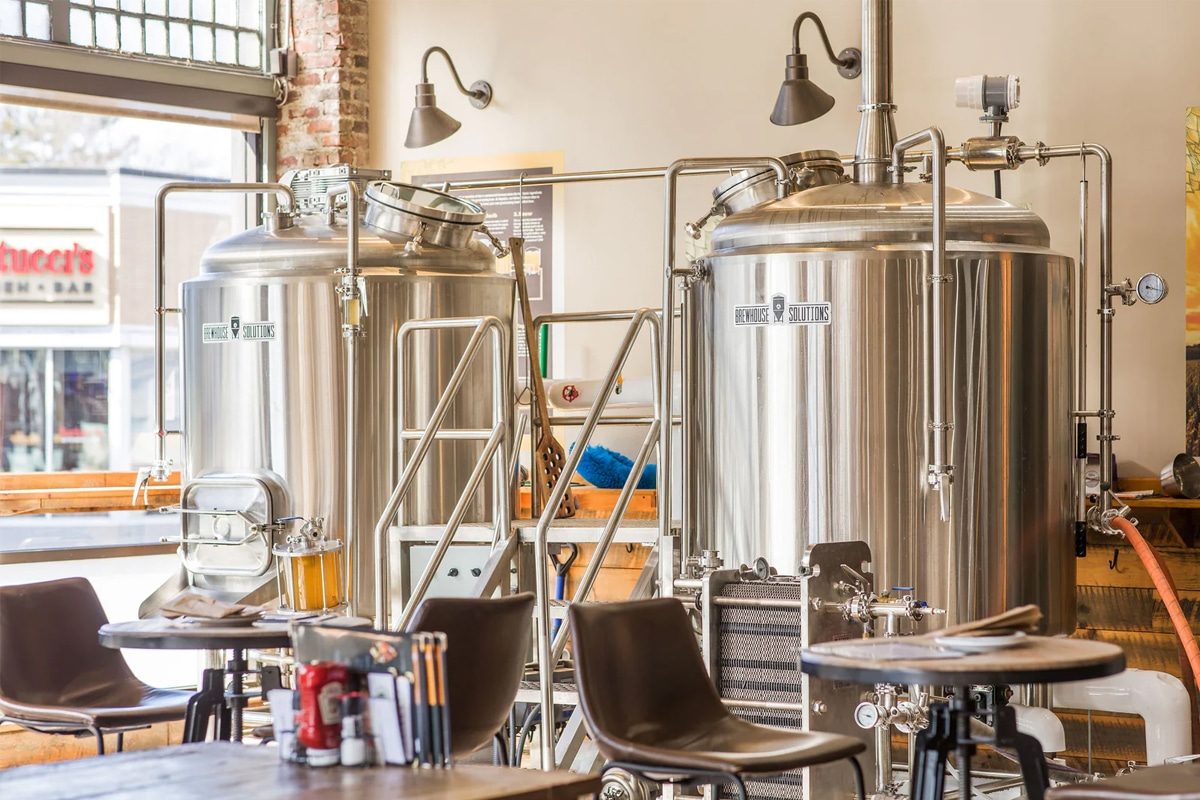
How To Extend The Life of Brewery Equipment
Regular Maintenance Plan
Developing and adhering to a regular maintenance schedule is fundamental to ensuring the continued operation of your brewery equipment. Implementing a strong preventive maintenance program can catch potential issues before they escalate, reducing the risk of unexpected equipment failure and extending overall service life.
Correct Cleaning Procedures
An effective cleaning routine is essential to prevent equipment degradation. Brewing environments are prone to the accumulation of residue and contaminants, and regular and thorough cleaning along with proper sanitization can prevent equipment deterioration and maintain the quality and flavor of the beer produced.
Employee Equipment Operation And Maintenance Training
Educating brewery employees on proper equipment use and maintenance procedures is critical. This ensures that everyone involved in the brewing process understands how to operate the machine to minimize wear and tear. The role of an ongoing training program in maximizing the potential and longevity of your brewing tools.
Invest in Quality Equipment
Choosing brewery equipment from a reputable manufacturer with a history of producing high-quality, durable machinery is an investment in longevity. While the initial cost may be higher, the return on investment over the life of the equipment often justifies the expense.
Technological Progress And Upgraded Equipment
Exploring the potential benefits of upgrading equipment with the latest technological advancements provides a forward-looking perspective. Balancing the benefits of new functionality with replacement costs can help breweries optimize their fleet of equipment.
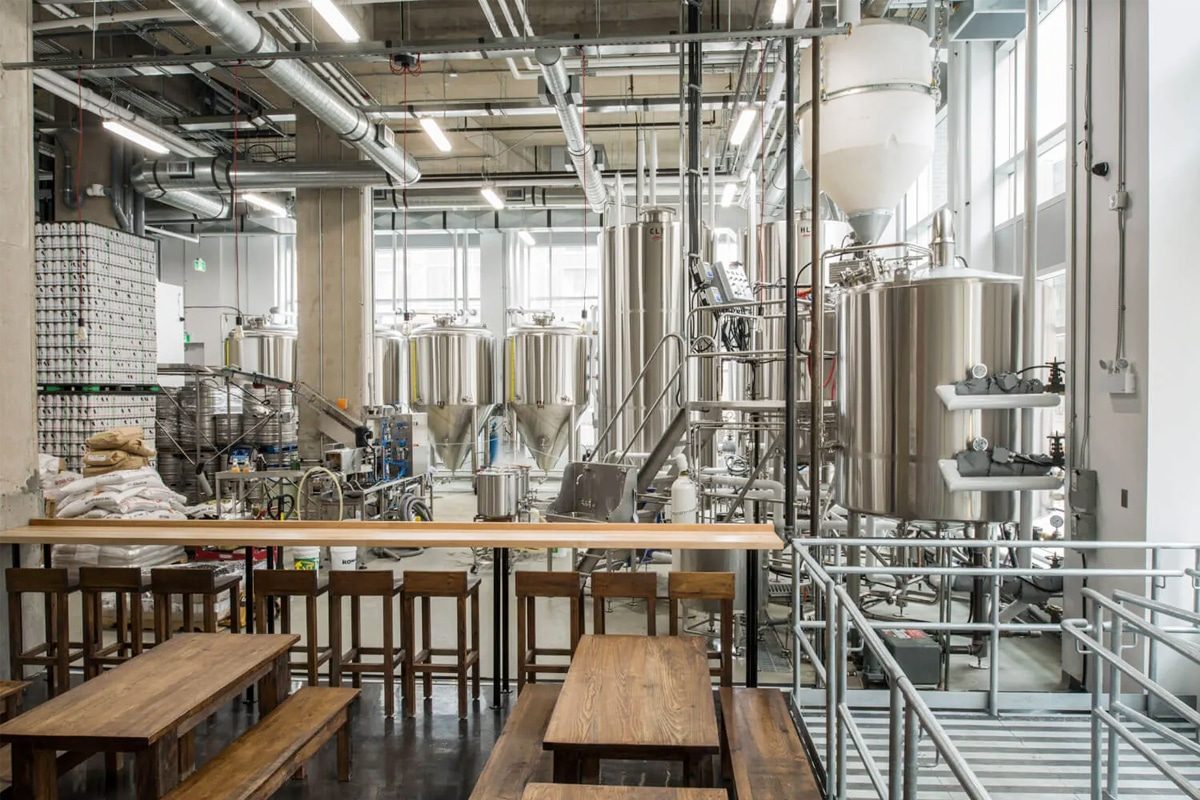
Summarize
In conclusion, the service life of brewery equipment is a multi-faceted aspect of brewery management. By understanding the factors that affect service life and taking proactive steps, brewers can not only ensure consistent production of high-quality beverages but also minimize operating costs. Regular monitoring, employee training, and investment in quality equipment are fundamental pillars in extending the life of your brewery equipment. Overall, this comprehensive exploration is a valuable resource for breweries, highlighting the nuanced considerations that contribute to the longevity of brewery equipment. By treating each piece of equipment as an important contributor to the brewing process and nurturing it with care, brewers can ensure quality and efficiency in their operations.
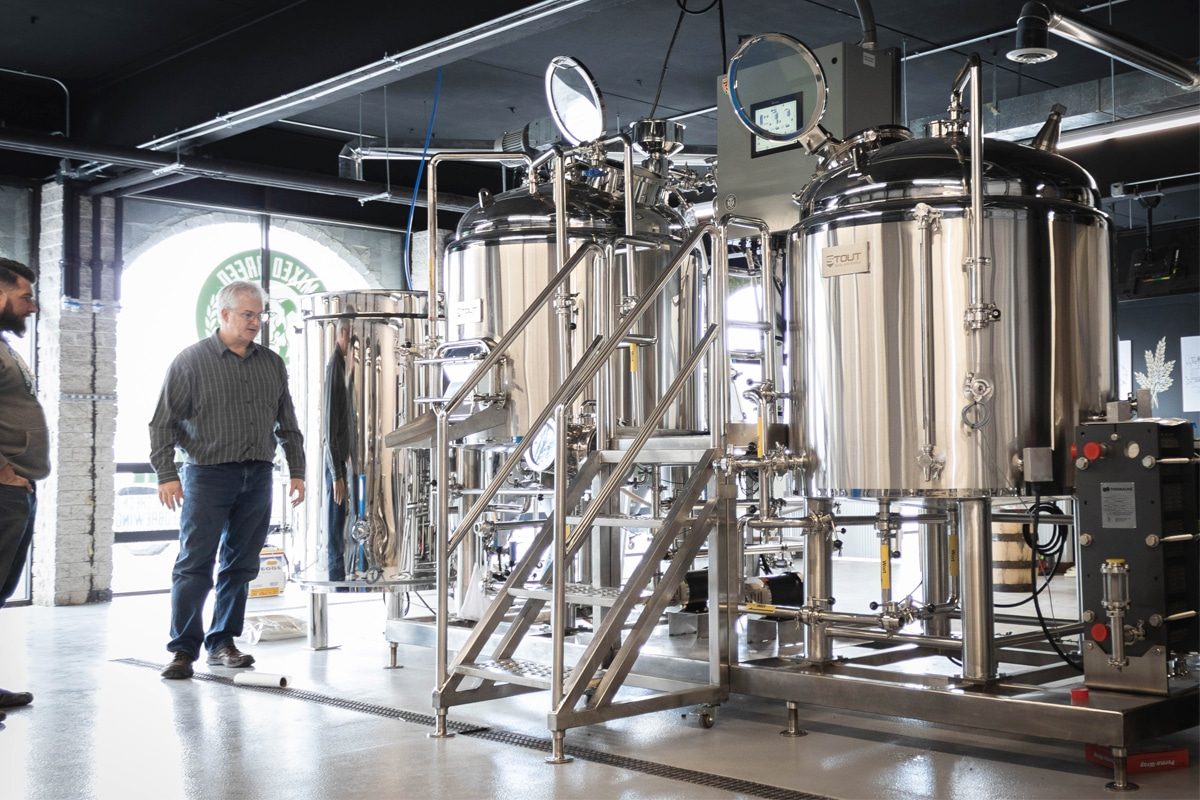
The Comprehensive Turnkey Solution
In the ever-evolving world of brewing, investing in durable and reliable equipment is critical to the success of any brewery. At ZYB Craft, we not only offer brewery equipment but also total turnkey solutions, starting with expert consultation and ending with the successful completion of your first batch of beer. By choosing our comprehensive approach, brewers not only receive high-quality, durable equipment but also the knowledge and support they need to extend the life of their beer investment. For a brewing experience that will stand the test of time, talk to us and embark on a journey toward brewing excellence.

